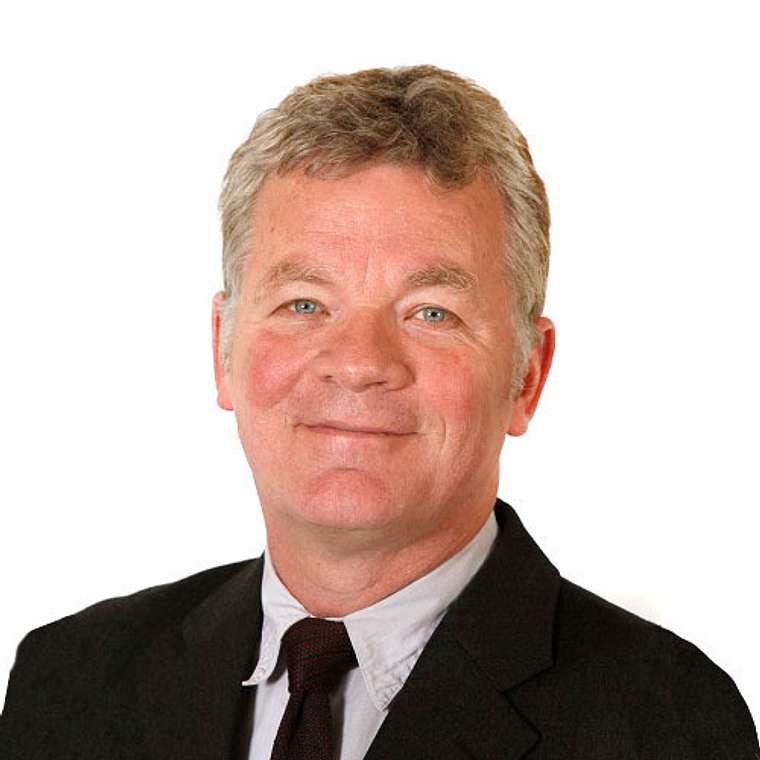Chief executive Sir Kevan Collins offers his thanks on behalf of the EEF for the support of so many of you…
I want to say a big thank you to all who’ve supported our work in the past six years. It has been an immense, collective endeavour. And one which is generating valuable evidence that can be used in classrooms across the country to help close the attainment gap.
I was particularly pleased to see in the Government’s new social mobility plan, Unlocking Talent, Fulfilling Potential, a firm commitment to ‘identifying and spreading ‘what works’, putting evidence at the heart of everything we do.’ Evidence is a vital tool to inform senior leaders’ decision making and crucial in re-empowering the teaching profession
There is real appetite in schools for evidence when presented in a way that respects both their time and their professional judgement. Our Teaching and Learning Toolkit has, for example, been used by over 170,000 people in the past year. It has also now been translated into Spanish and Portugese through our international partnerships.
We are continuing to build the evidence by funding the independent evaluation of high-potential programmes. Over 10,000 schools and more than one million young people are, or have been, involved in one of the 160 EEF trials so far commissioned. And we’ve just launched a further two grant-funding rounds, focused on Improving Science Education (with Wellcome) and Early Years professional development and leadership (with the Department for Education).
All this evidence is being distilled into clear and actionable recommendations through our Guidance Reports. The latest, Improving Mathematics in Key Stages 2 and 3, was accessed 20,000 times in its first month. Several more are planned for 2018.
Ready access to the best research is a start, but we know that applying these findings to the classroom remains a real challenge. Our 23-strong Research Schools Network (which includes schools in all 12 Opportunity Areas) and our two Campaigns (promoting primary-age literacy and better deployment of teaching assistants) both provide targeted and structured approaches to disseminate evidence and support teachers.
The most effective and cost-effective programmes we’ve trialled – our ‘Promising Projects’ – are being scaled up. Can what worked well when led by a developer in c.50 schools be translated into a programme which schools anywhere can adopt with confidence? That’s the tough test we’re setting them through trials involving almost 1,900 schools and early years settings and reaching more than 108,000 children and young people
There remains a lot to be done. Not only in our established work with schools, but – in particular – at the opposite ends of the age-spectrum. We know there is huge promise in early years education, but this has not yet yielded as much as it should. And we know there is a huge task in post-16, with more than half of all disadvantaged 19 year-olds leaving formal education without good passes in English and maths; we have so far funded four trials with J.P. Morgan on this. Both are areas that require even greater attention in the coming year.
Thank you, once again, for your support (and challenge!) in 2017. I wish you the very best for Christmas and the New Year.
